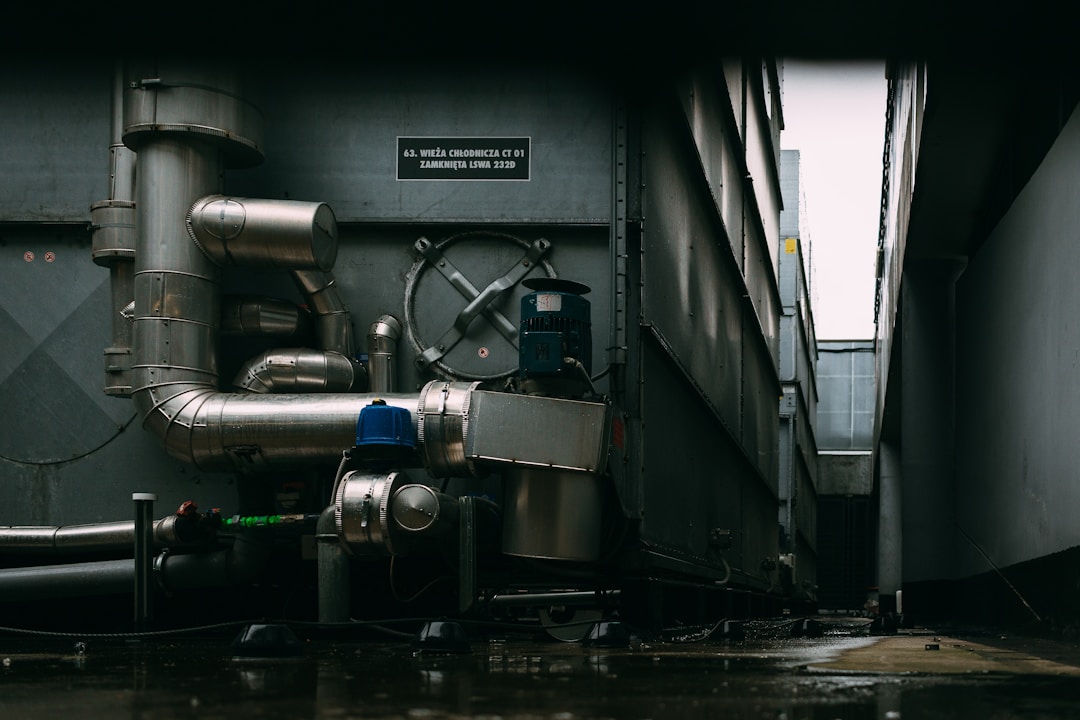As a homeowner, you’ll sometimes have to make hard decisions to upkeep your home. One common problem is dealing with a broken furnace. Should you pay the repair cost or get a new furnace altogether? No doubt, buying a new furnace isn’t a small feat, considering how important the fixture is when the temperature drops.
Whether it’s a furnace repair or furnace replacement, there are some things you’ll need to consider. First, you need to remember that the furnace is a literal savior in the heart of winter. Without it, you’d be a victim of the elements once winter arrives. With that in mind, here are four things to consider when you invest in a new furnace.
1. Seek the services of an expert.

Unless you’re pretty knowledgeable on the topic, if you’re trying to repair an old furnace, you likely won’t know what to do. Even if you think you do, it’s a good idea to seek help from a home services company that offers a free consultation. This is especially important if your current furnace is giving you warning signs, and you’re not sure how to maneuver it.
Besides getting some expert eyes on the job, this process also allows you to vet different home service companies before shelling out any money for a new system. Altogether, this first step should tell you if it’s a good time to invest in a new furnace. You’ll also be privy to information like the cost of a new furnace and anything about furnace installation in general.
2. What is the fuel source?
Winter is imminent, and one of the things you should do before summer ends is ensure your heating system is in order. The first step is to try and figure out what kind of fuel source you want your furnace to have. You can either opt for oil, electric, or a natural gas furnace. In most cases, it isn’t solely up to you, as you’ll need a specific furnace that’s suitable for your house. If you’re still confused about it, simply speak to your home services company, and they should be able to help you make the best choice.
3. How efficient is the model?

Whether you’re buying a car or a furnace, the model speaks volumes of the value you’ll get from it. With furnaces, the annual fuel utilization efficiency (AFUE) is the rating to use to gauge energy efficiency. It simply summarizes the percentage of fuel that actually goes to supplying you with a certain amount of heat.
It’s important to project into the future and gauge how much your energy usage may be. Even if you have to pay a little bit more for a new unit that has a lower impact on the environment, it’s totally worth it. In the long-run, you’ll also save some money on that utility bill.
4. How easy is the maintenance?
No matter how high-tech or self-sufficient the manufacturers advertise your new heating system, you’re going to need to carry out regular maintenance. What are your expectations on that front? The unspoken tenets of homeownership demand that you take this into consideration. Besides the little things like unblocking vents and cleaning out air filters, you need to have an HVAC system service technician handy for an annual checkup.
Also, familiarize yourself with the common issues and hiccups peculiar to your furnace. They may be mass-produced, but each brand (and sometimes, the individual furnace) has its own quirks. At the consultancy stage, it’s also quite a good idea to speak to a technician. That way, you have an idea of what you’ll be getting yourself into in terms of maintenance.








